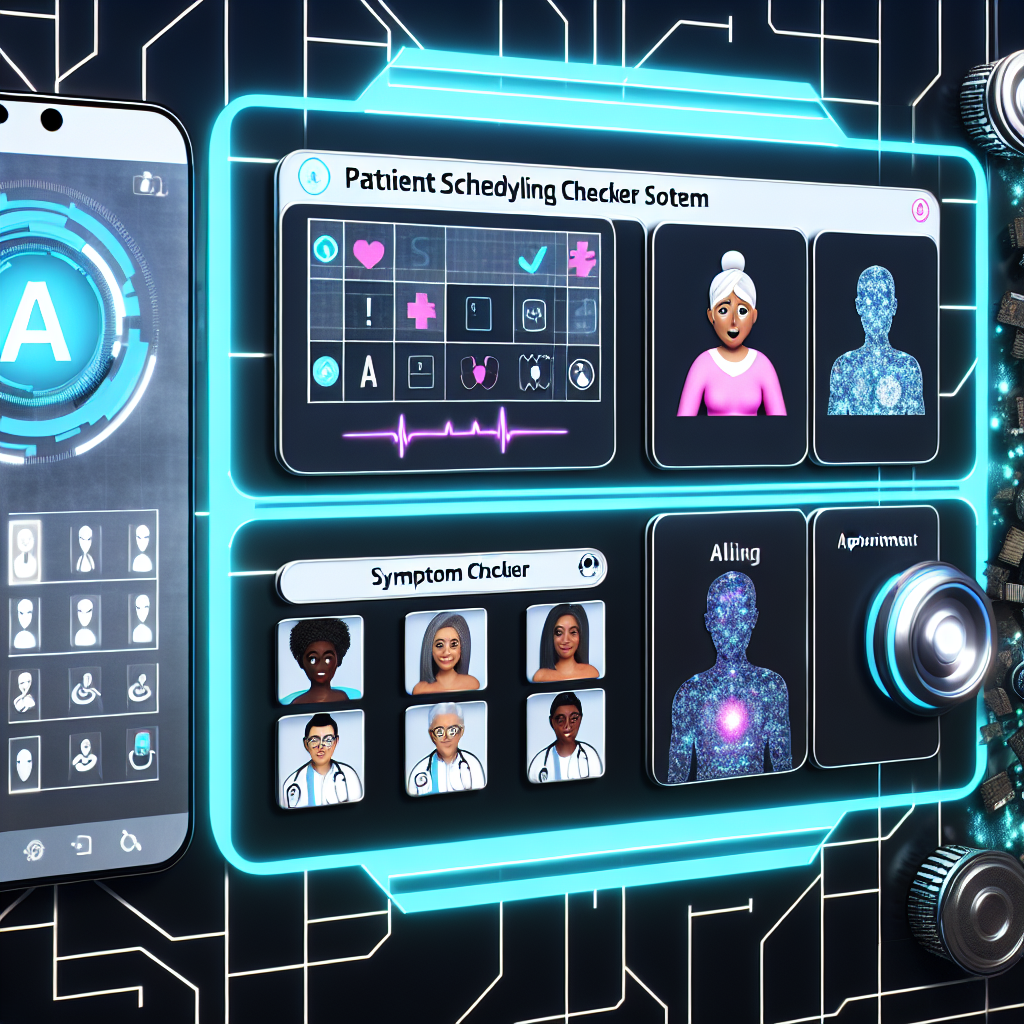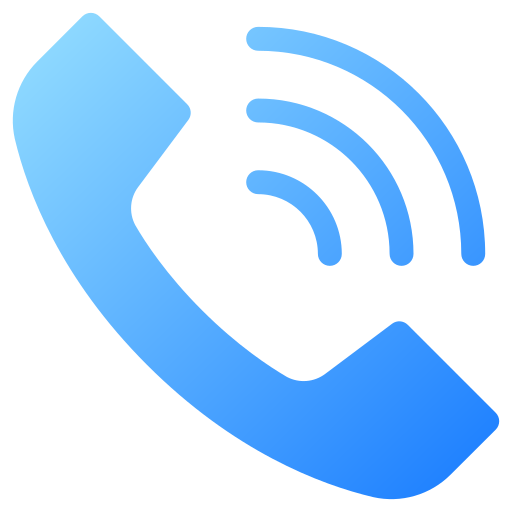Introduction
As the healthcare industry continues to evolve, the integration of artificial intelligence (AI) presents a significant opportunity to enhance efficiency and patient care. Among the various applications of AI in healthcare, workflow automation emerges as a particularly valuable tool. This article explores the best usage cases for AI-driven workflow automation, focusing on patient scheduling, symptom checking, and follow-up calls. By leveraging AI technology, healthcare providers can streamline operations while improving patient experience and outcomes.
Patient Scheduling
One of the most impactful applications of AI-driven workflow automation is in patient scheduling. Traditional scheduling systems often face challenges such as double bookings, cancellations, and inefficient resource allocation. AI can analyze patient data, including preferences, urgency, and availability, to optimize appointment scheduling. This allows healthcare providers to maximize their resources while reducing wait times for patients. Additionally, AI can send automated reminders to patients, minimizing no-show rates and improving overall engagement.
Symptom Checking
Another important usage case for AI-driven workflow automation in healthcare is symptom checking. AI algorithms can analyze patient-reported symptoms and medical history to provide preliminary assessments and triage recommendations. By guiding patients through a digital symptom checker, healthcare providers can efficiently identify those who require immediate attention as opposed to those whose conditions can be addressed later. This not only enhances patient safety but also optimizes the use of healthcare professionals’ time, allowing them to focus on more complex cases.
Follow-Up Calls
Follow-up calls represent another area where AI can enhance workflow efficiency. Automated systems powered by AI can reach out to patients after appointments or procedures to assess their recovery and adherence to treatment plans. These calls can gather crucial feedback and provide timely reminders for medications or future appointments. By automating follow-ups, healthcare providers can ensure consistent patient communication without overwhelming their staff, leading to improved patient satisfaction and adherence to care plans.
Conclusion
In conclusion, AI-driven workflow automation presents transformative opportunities for the healthcare sector. By focusing on patient scheduling, symptom checking, and follow-up calls, healthcare providers can significantly enhance operational efficiency and improve the patient experience. As AI technology continues to advance, its integration into healthcare workflows will likely yield even greater benefits, ultimately fostering a more responsive and efficient healthcare system.

